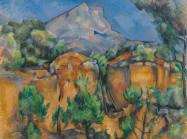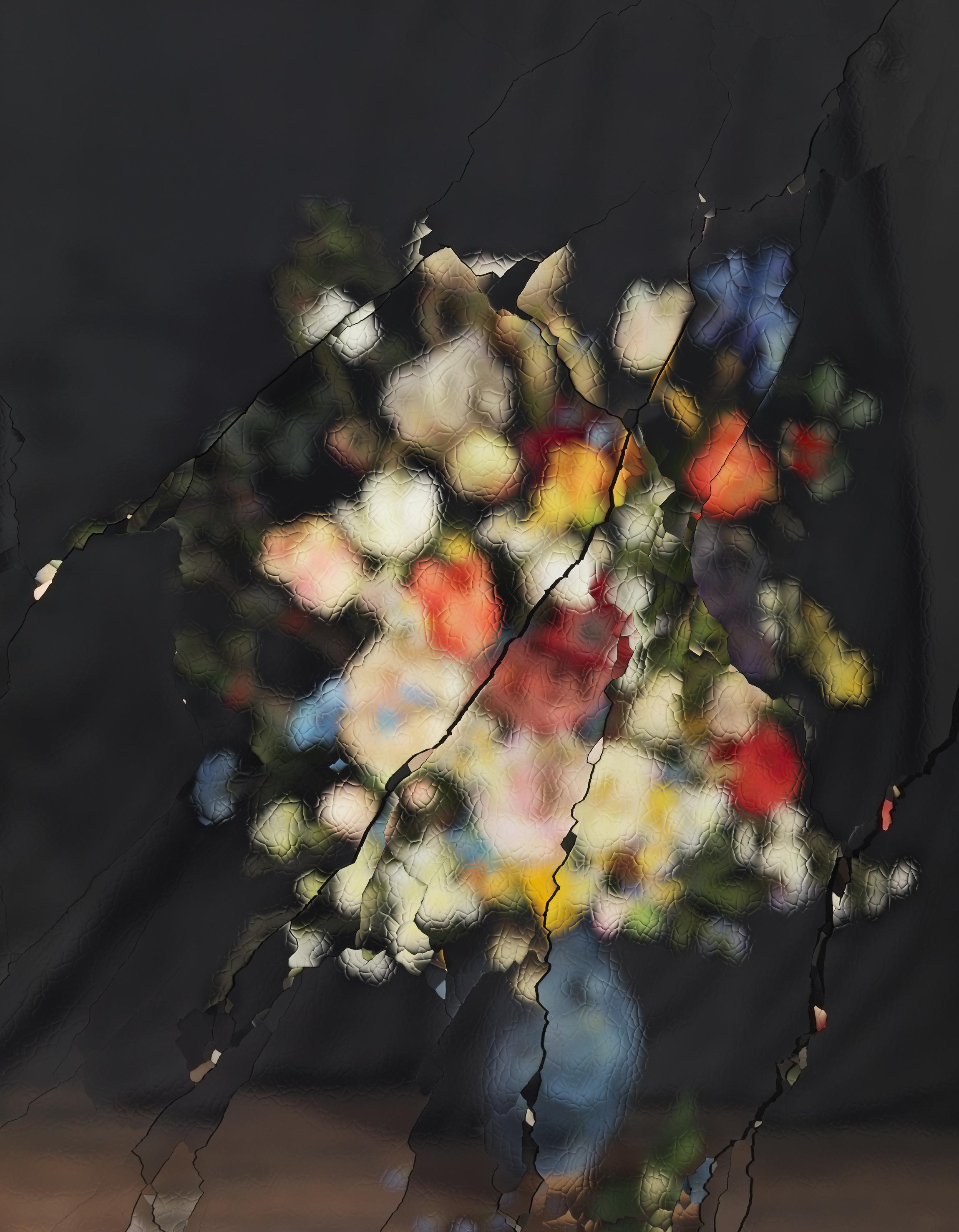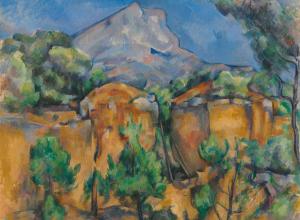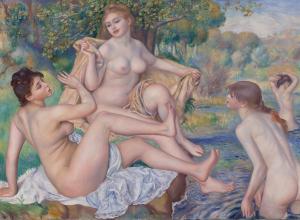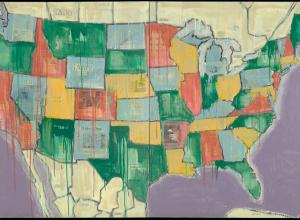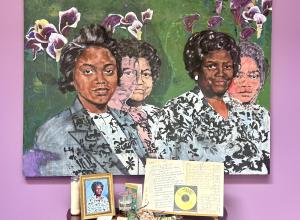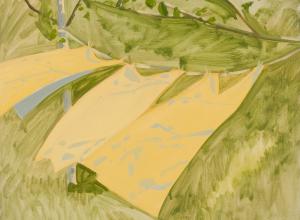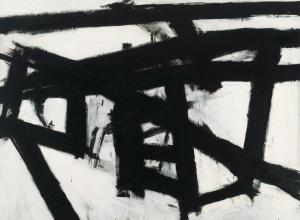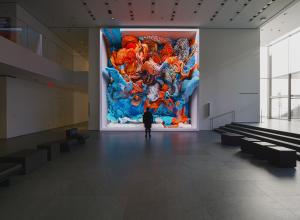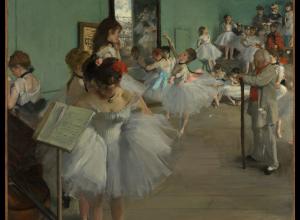For British-Israeli photographer Ori Gersht, philosophy guides his photography.
“It is not about resolution,” Gersht told me recently. “They can never reconcile. They can never find a place where they can live together.” Gersht was not discussing genocide or some war-torn part of the world, topics that are often the subject of his photography. He was discussing ideas. Gersht is influenced by Walter Benjamin’s dialectical approach to thinking about time. “[Benjamin] had this great desire to crash [conflicting ideas of time] and try to bring them together,” Gersht said. “I keep coming across Benjamin’s writing, and it is always so relevant and so influential to me...He is always hovering there, always present.”
Like Benjamin, Ori Gersht is a Jewish intellectual who thinks about time, violence, and reality. While Benjamin used words to explore and communicate his ideas, Gersht uses photography and film. Gersht is an artist with exceptional skill and vision. His work is magnetic and haunting, like a dream of a departed loved one.

